- Home
- Getting to know Congo
- Investing in Congo
Investing
in Congo - Tourism
- E-services
E-services
- Vision
- FR
Although the Republic of Congo is still relatively unknown on the main African tourist circuits, it has undeniable assets for satisfying different types of discovery for foreign visitors, as well as for the Congolese themselves.
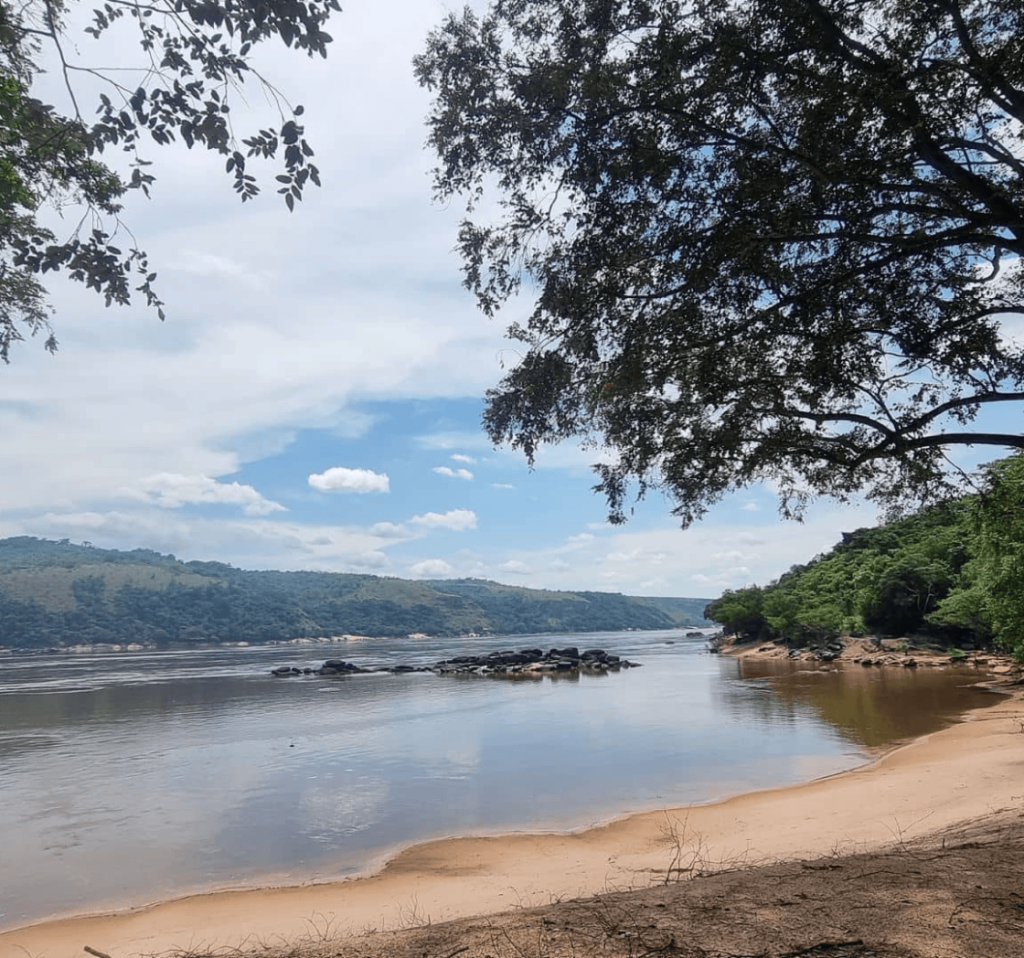
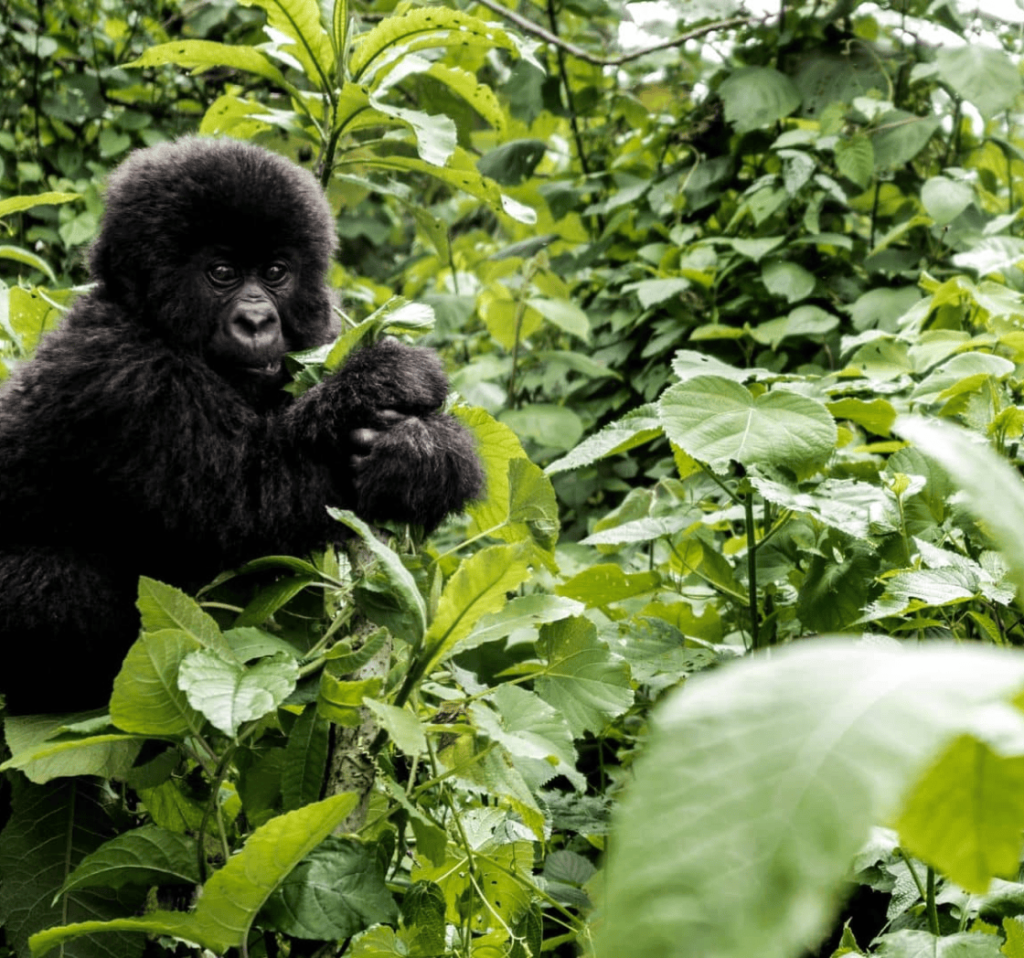
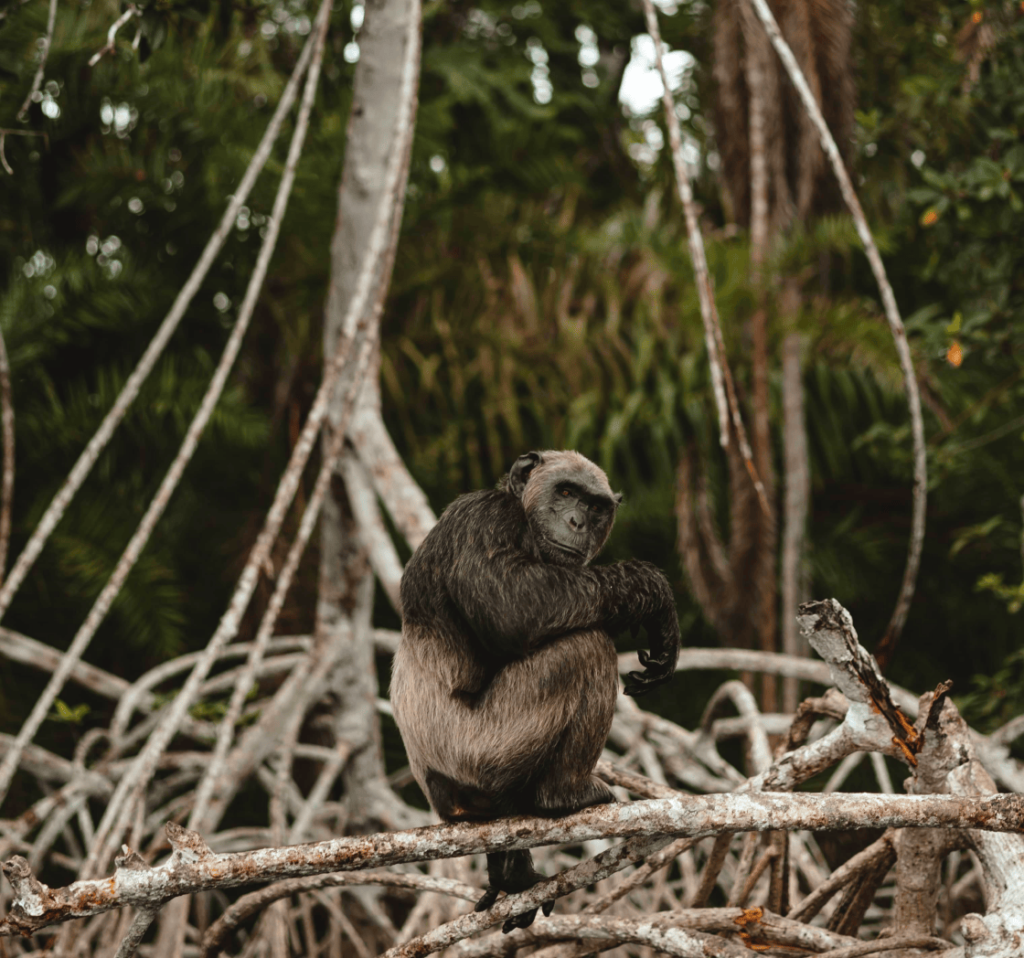
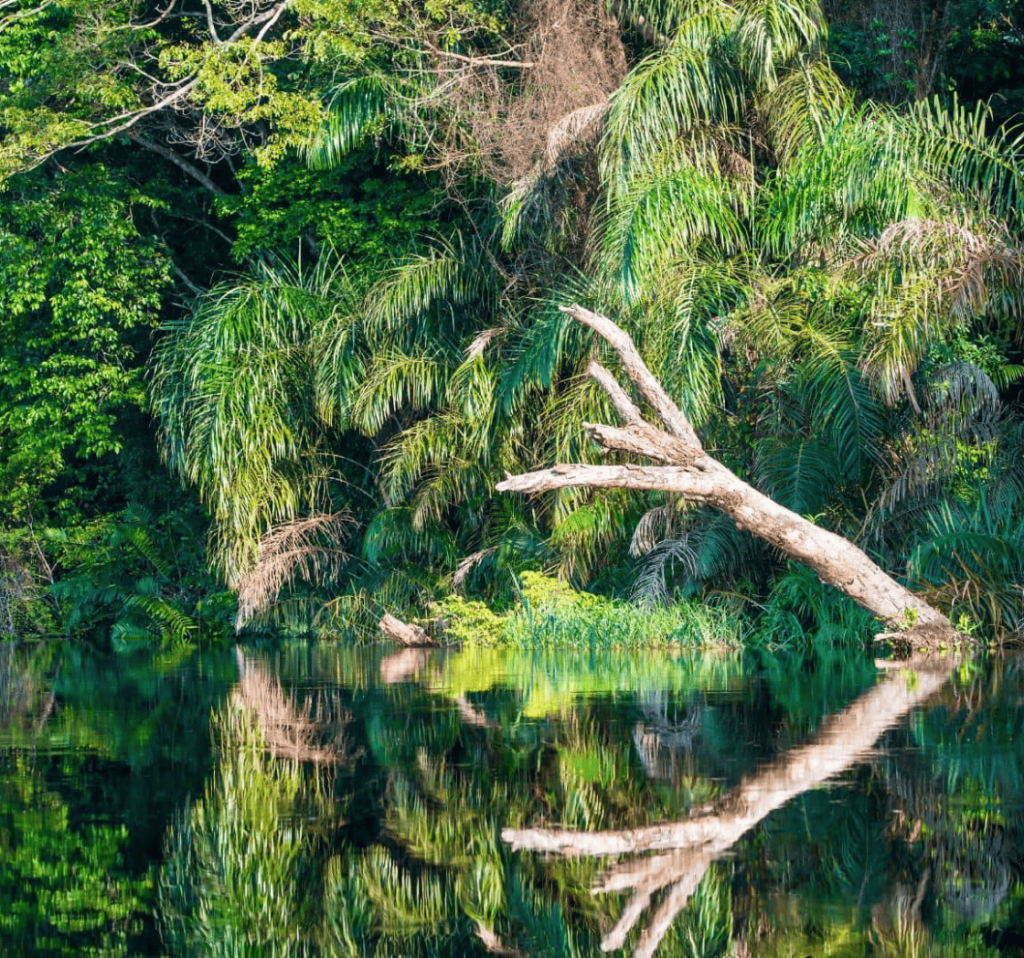
First and foremost, its impressive natural wealth combines tropical forests, wooded savannahs, mountains and high plateaus, a 170-kilometre-long coastline and the banks of the Congo River, the second longest in Africa and the second largest in the world. Its biodiversity also enables visitors to observe most of Africa's large mammals, such as lions, gorillas and elephants, as well as whales on their annual migration. While kept in protected environments, they can be seen both in the national parks and in unexpected encounters during travels within the country.
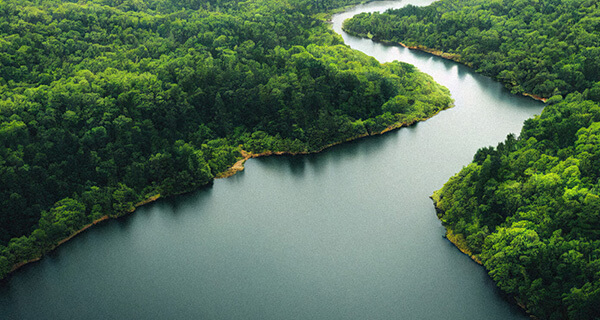

The country boasts a long history and a cultural heritage that links it to all the major events that have helped shape the Africa of today. It offers visitors the chance to visit pre-colonial remains, the memorial site dedicated to the memory of slavery at Loango, a well-preserved colonial heritage, including the emblematic Basilica of Sainte-Anne-du-Congo in Brazzaville and the Pointe-Noire railway station directly inspired by that of Deauville in France, as well as modern African architecture in the major urban centers.


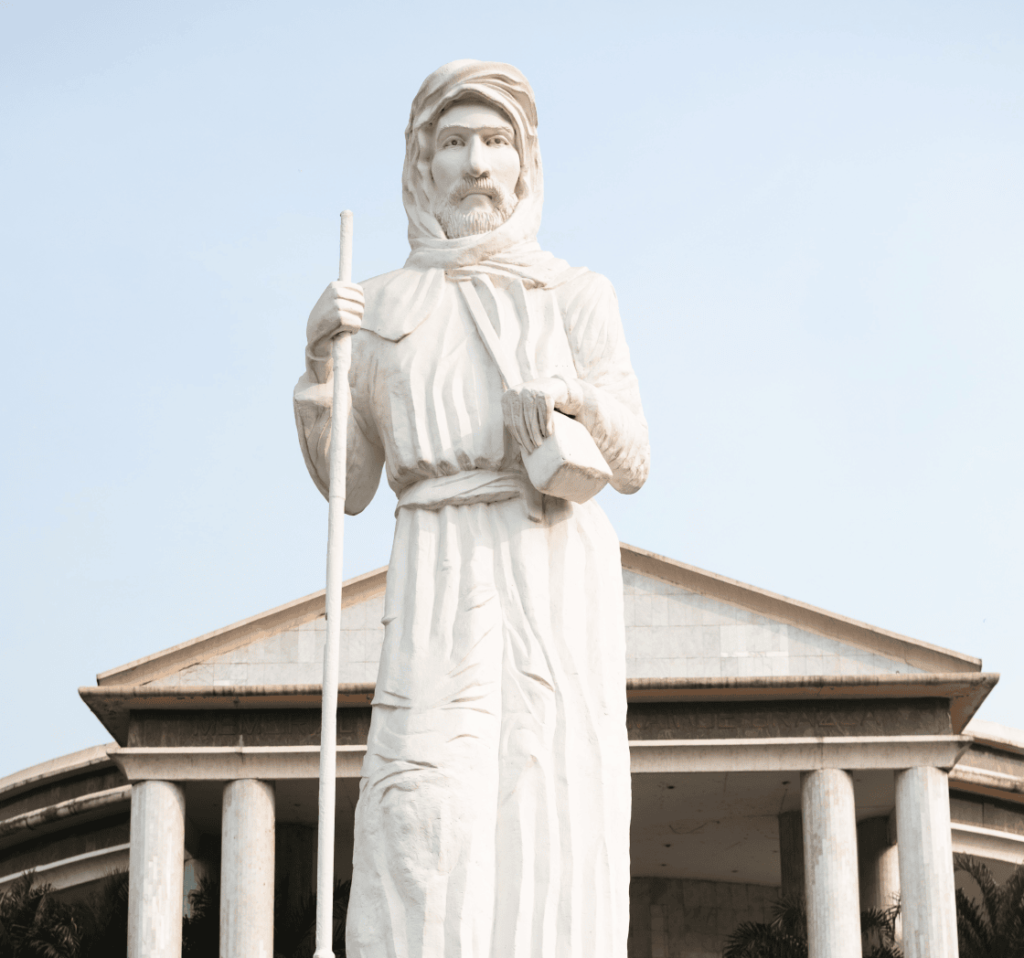
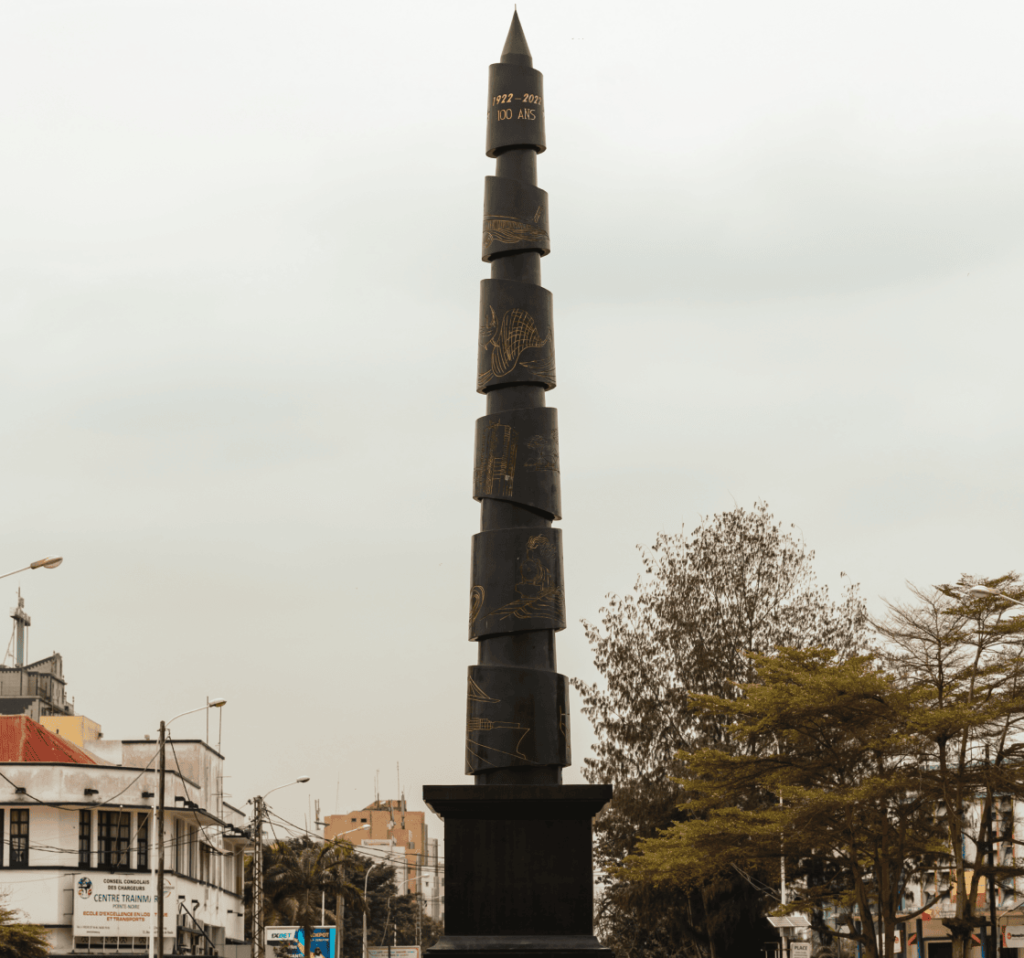
The Republic of Congo has also preserved its authenticity by launching a program of protected areas in the 1960s, which has enabled the preservation of its environment, ecosystem and biodiversity, and on which the country's growing ecotourism offer is gradually being built.
Congo is home to vast tropical forests, national parks and wildlife reserves, such as the Nouabalé-Ndoki National Park and the Odzala-Kokoua National Park. The country's natural beauty and biodiversity offer opportunities for sustainable ecotourism, attracting nature enthusiasts and contributing to conservation efforts.
Although the Republic of Congo is still relatively unknown on the main African tourist circuits, it has undeniable assets for satisfying different types of discovery for foreign visitors, as well as for the Congolese themselves.
Congolese culture, through its music, especially rumba, its social phenomena such as SAPE, its literature and its gastronomy has preserved all its vitality despite the inevitable external influences. These cultural varieties guarantee a total change of scenery for tourists discovering the country.


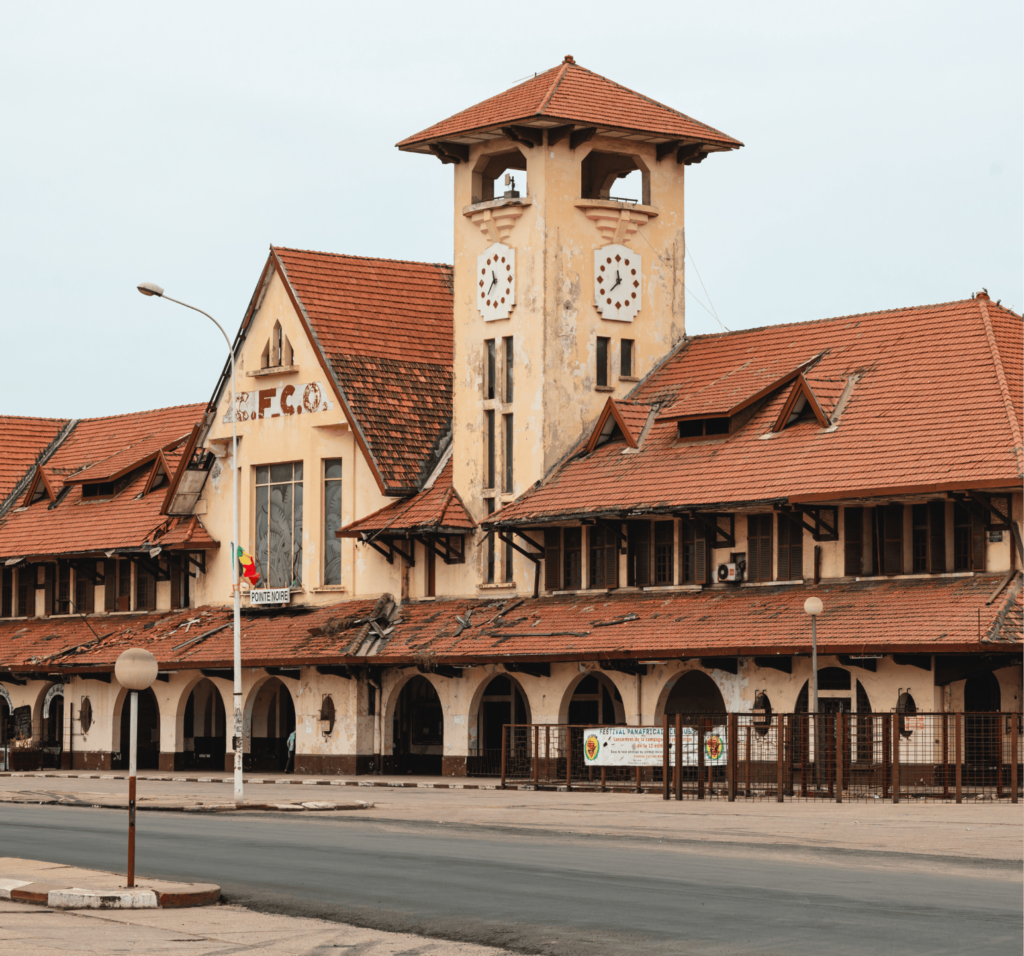
The hospitality of the Congolese people makes the country a safe place for visitors, including solo tourists, who can take part in a wide range of adventure and exploration activities. For example, visitors can take advantage of the wealth of national parks to hike and trek over several days in search of waterfalls, peaks or wild animals.

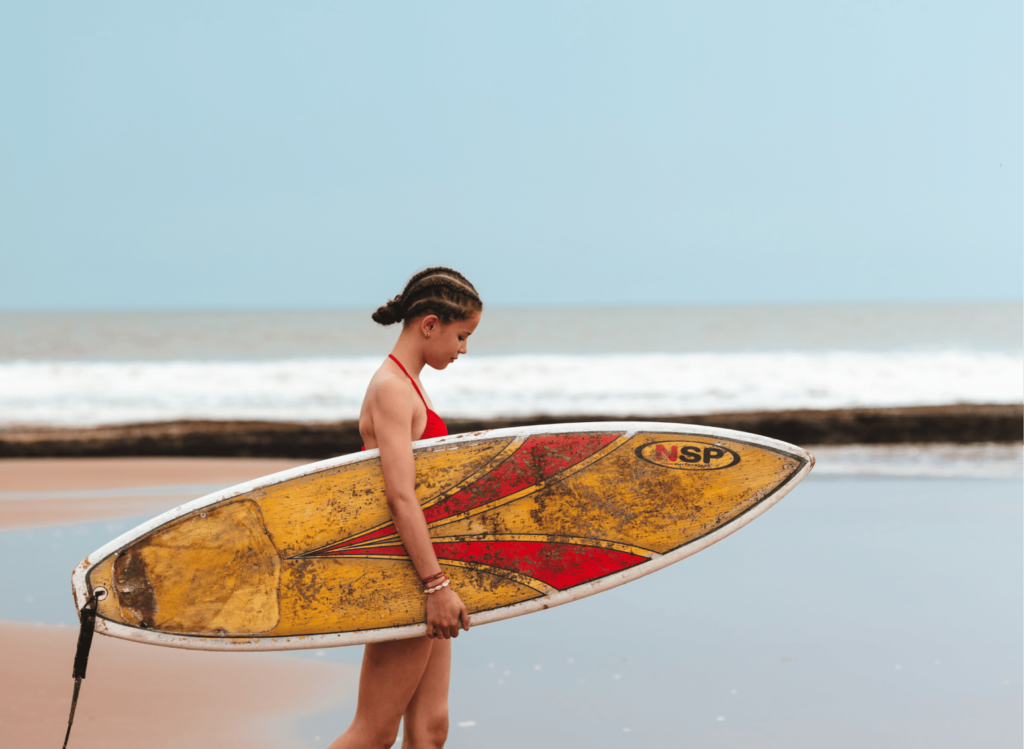
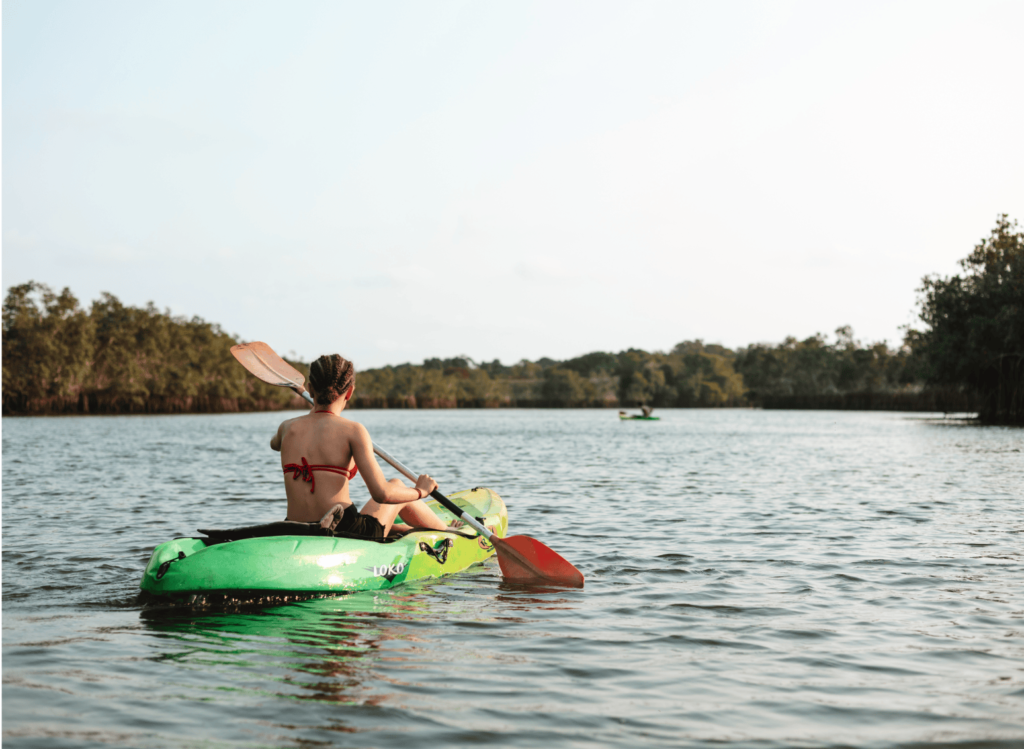
The Congo is also a great place for sport fishing on the Atlantic, but also and particularly on the Congo and Maï-Pili rivers. These waterways are home to an emblematic endemic species: the Mbenga or Goliath tigerfish. Surfing on the beaches of Pointe-Noire and the surrounding area, as well as water sports in Congo, are also among the country's must-do activities.
With its infrastructure still under development, Congo has seen a steady increase in the number of tourists registered each year over the past few years. Given its potential, this suggests a clear capacity for growth.


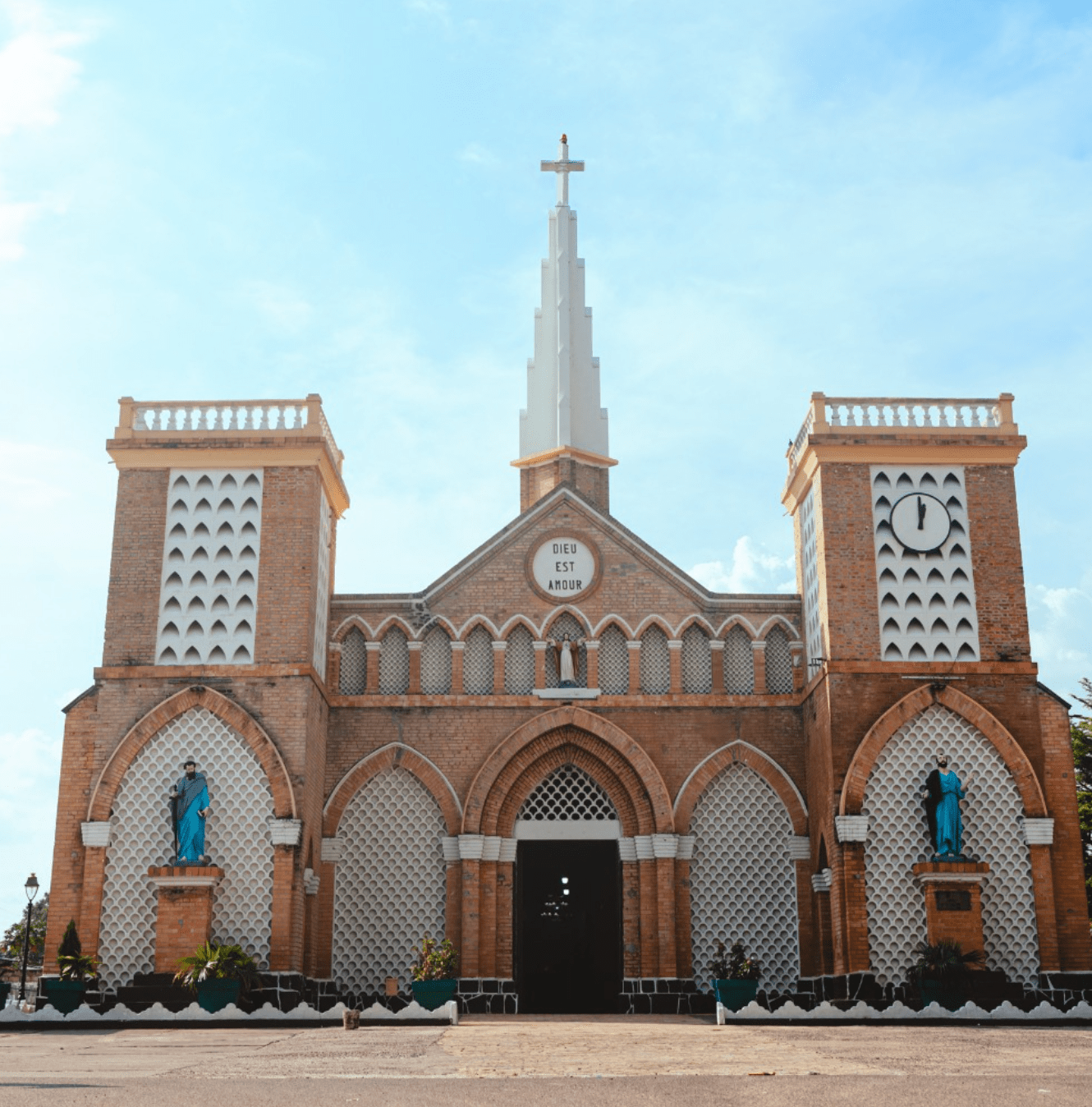
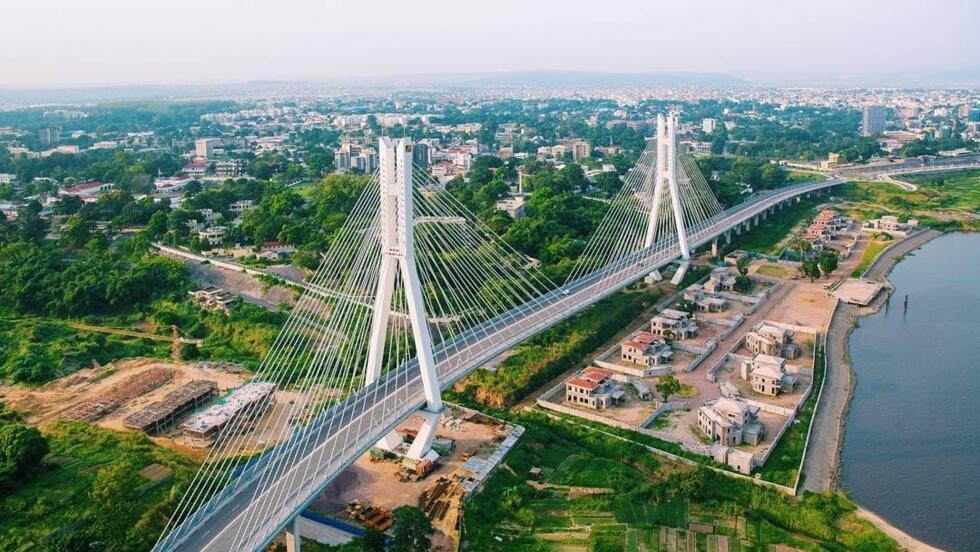


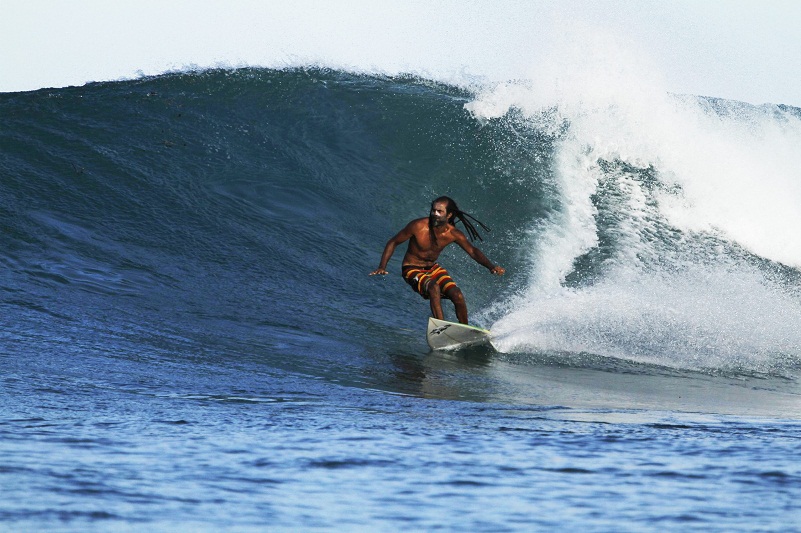
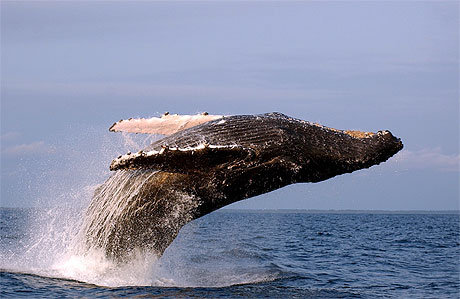
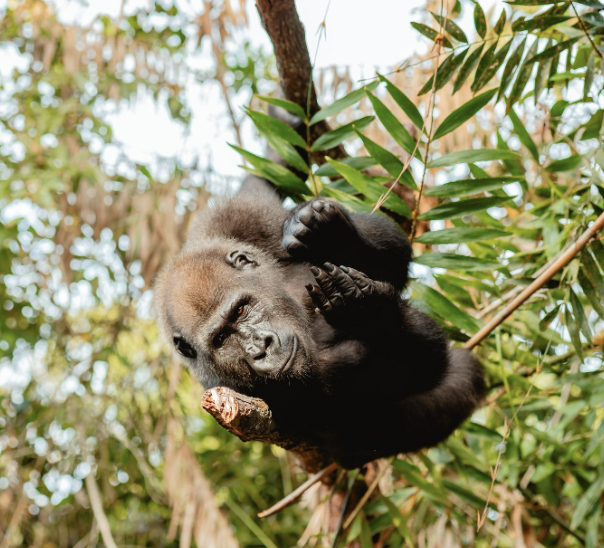
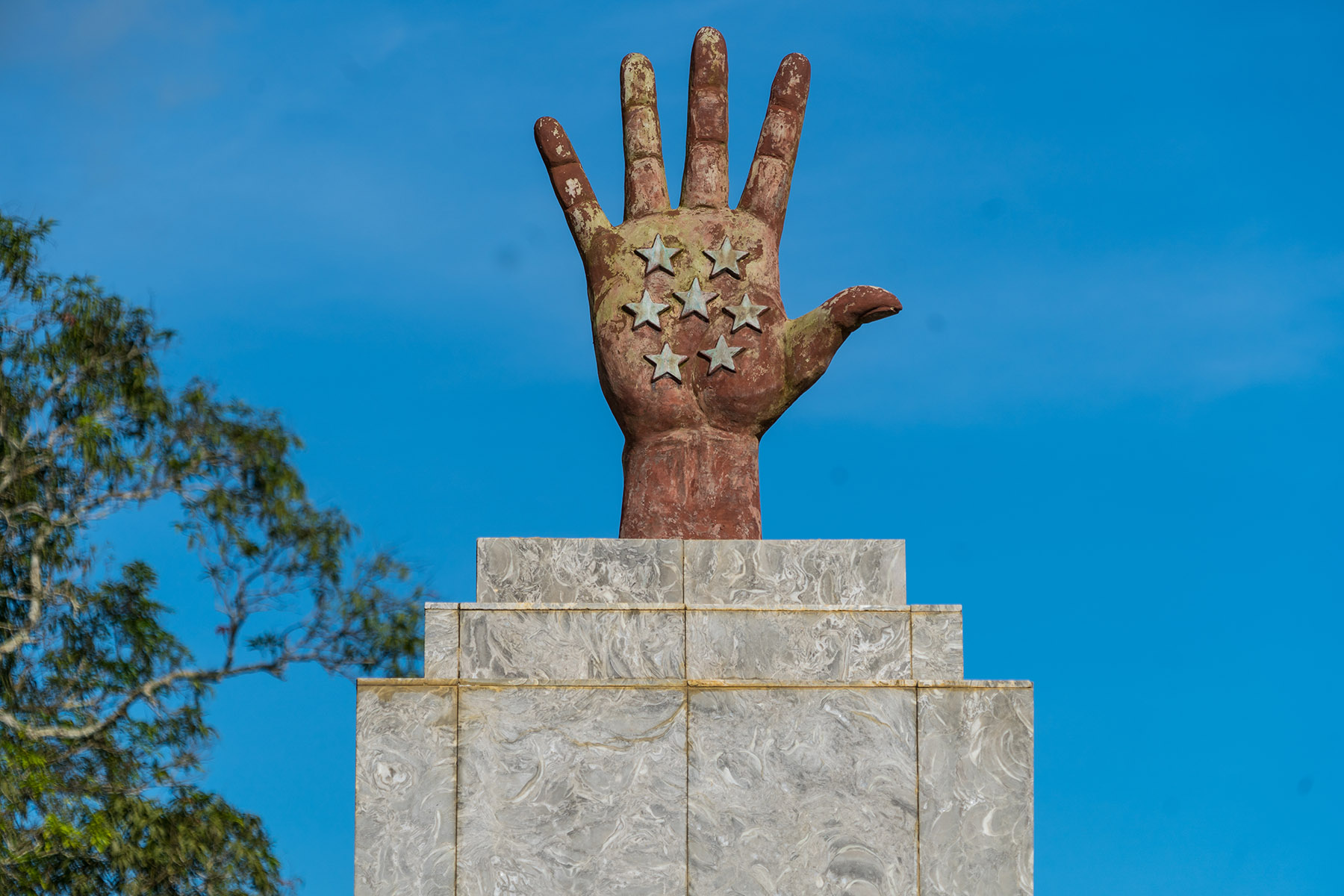







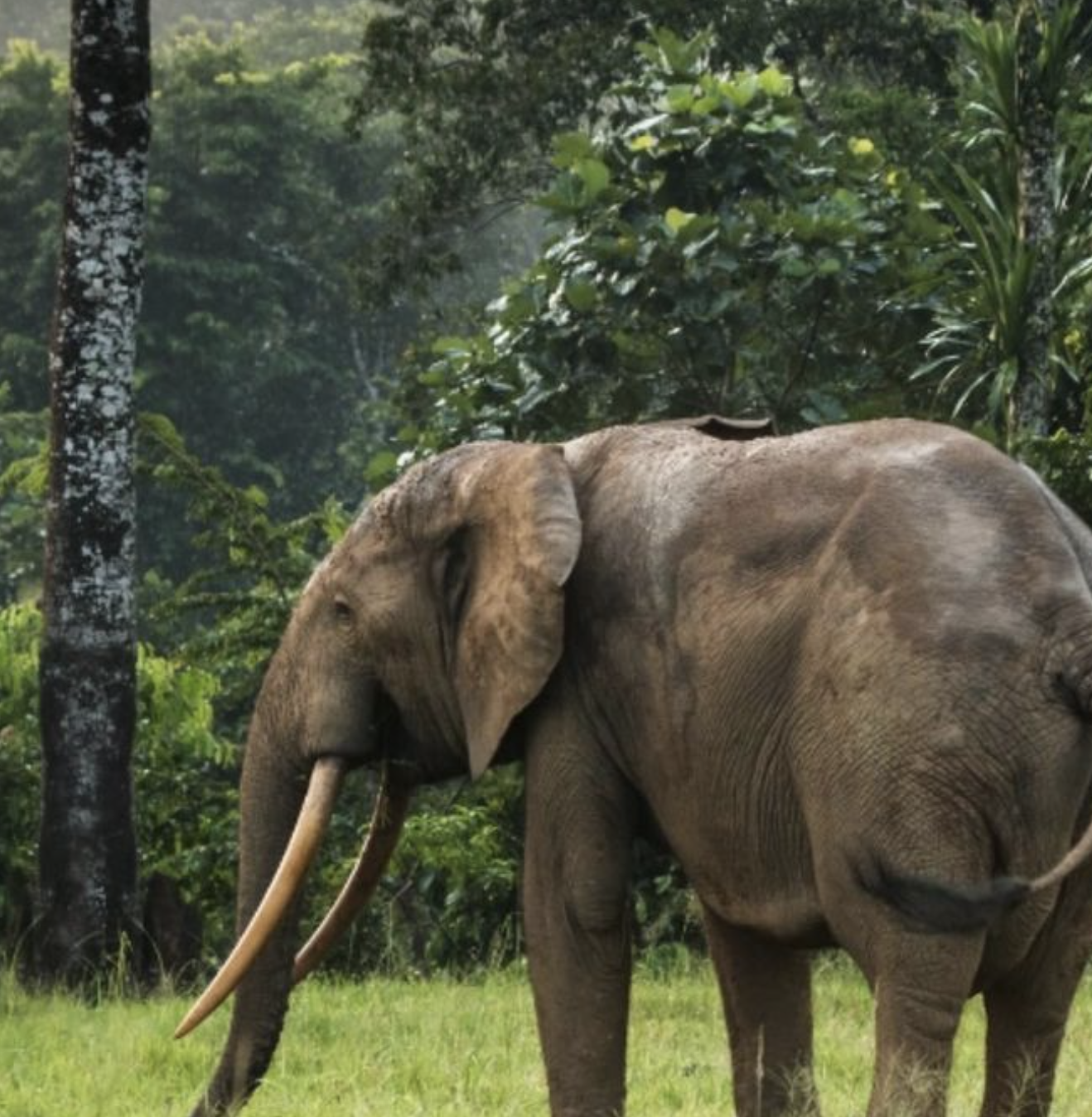



Although the Republic of Congo is still relatively unknown on the main African tourist circuits, it has undeniable assets for satisfying different types of discovery for foreign visitors, as well as for the Congolese themselves.
The 2015 Jeux de la Francophonie was unanimously recognized by participants as a great success in terms of hosting, organization and infrastructure. En effet, la République du Congo dispose d’ores et déjà d’infrastructures sportives lui permettant d’accueillir de grandes compétitions dans ce domaine. Le Stade Alphonse-Massamba-Débatin the capital Brazzaville, can accommodate around 33,000 spectators. The Complexe Sportif la Concorde in Kintélé, also near Brazzaville, is a first-class sports and leisure facility. It includes an Olympic stadium with a capacity of 60,000 soccer and handball fields, tennis courts, swimming pools, athletics tracks, sports halls and much more.


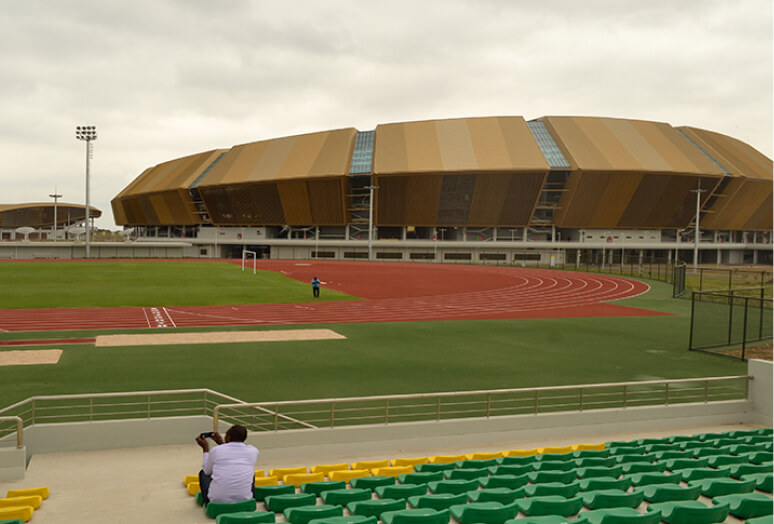
This desire to develop host infrastructures is in line with the Congolese people's tradition of hospitality, but also with the Republic of Congo's political vision of promoting cooperation and proposing pan-African solutions to the challenges facing Africa. These infrastructures can be used, for example, to prepare sporting events on the continent, business tourism or training and capacity-building seminars.
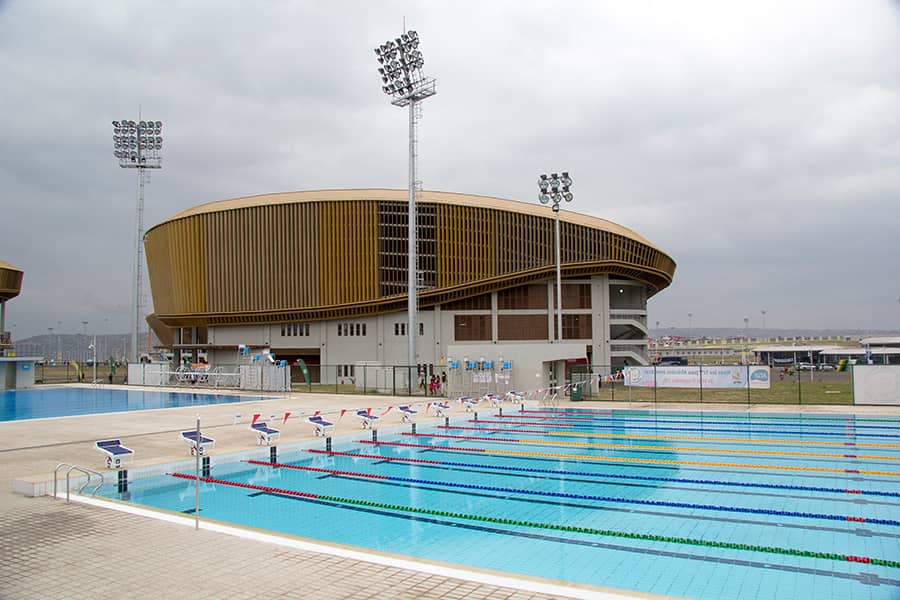


The country plays host to numerous international festivals and eventsforemost among them the Festival Panafricain de Musique (FESPAM), supported by the African Union and bringing the continent's greatest artists to Brazzaville. In 2023, the eleventh edition was held around the theme of rumba, to celebrate its inclusion on UNESCO's World Heritage List. Combining concerts, dance performances, scientific symposia and meetings between professionals from the music world, each edition has brought together up to 70 shows and events open to the public at different venues around the city.
In the same vein, the Republic of Congo continues to develop its hosting and exchange capacities to support its development objectives and attract international partners willing to contribute to the emergence of this land of opportunities.
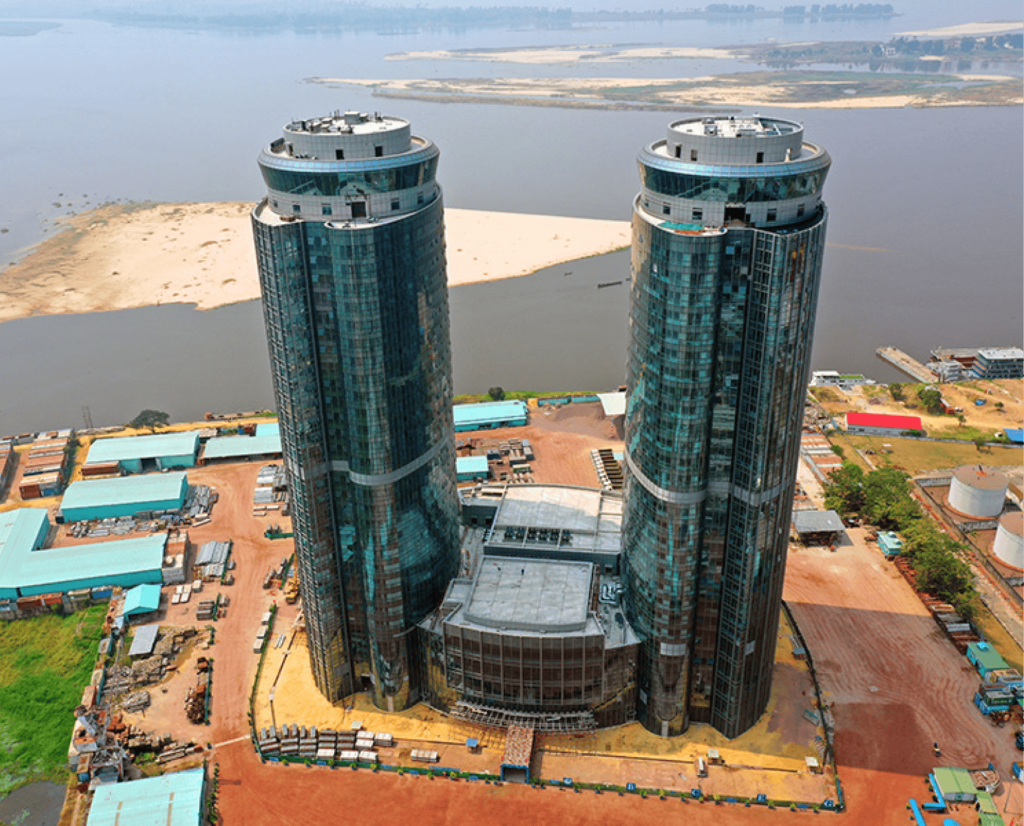
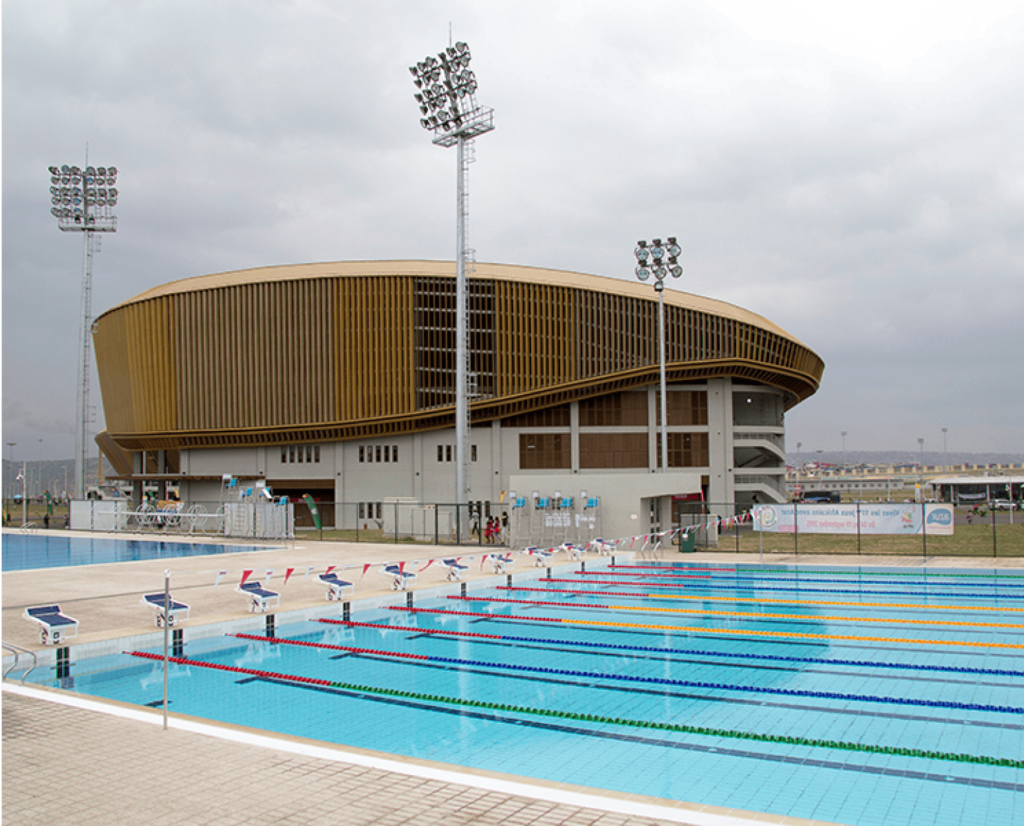
Determined to build a modern visitor center that complies with the highest international environmental standards, the Republic of Congo has joined forces with an international partner to launch the construction of the Mpila Twin Towers. These towers will house a smart building comprising a modern shopping mall over 135.80 m high and two identical towers, each thirty storeys high. The first tower houses a 5-star hotel with a capacity of 349 rooms, while the second houses a business and office center.
The Republic of Congo has also preserved its authenticity by launching a program of protected areas in the 1960s, which has enabled the preservation of its environment, ecosystem and biodiversity, and on which the country's growing ecotourism offer is gradually being built.